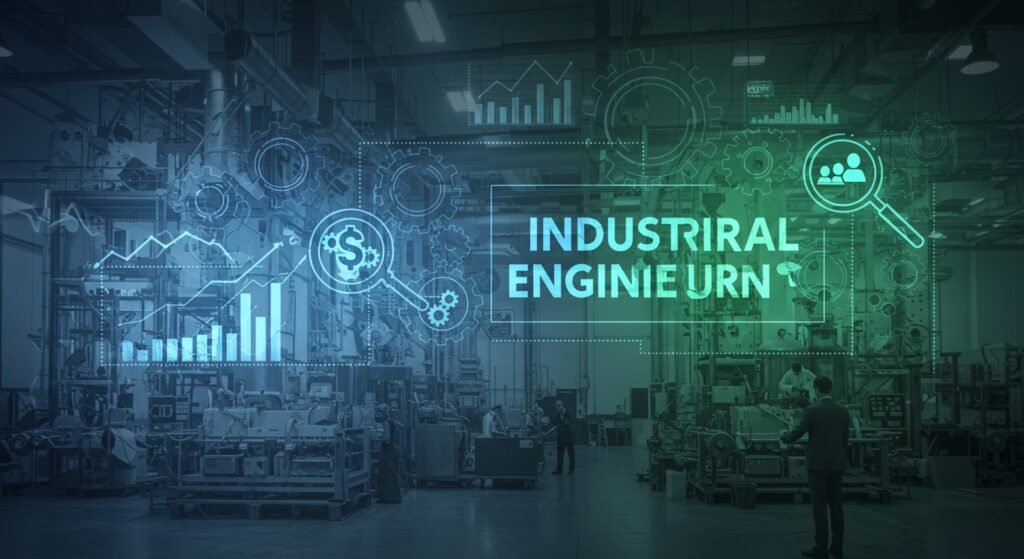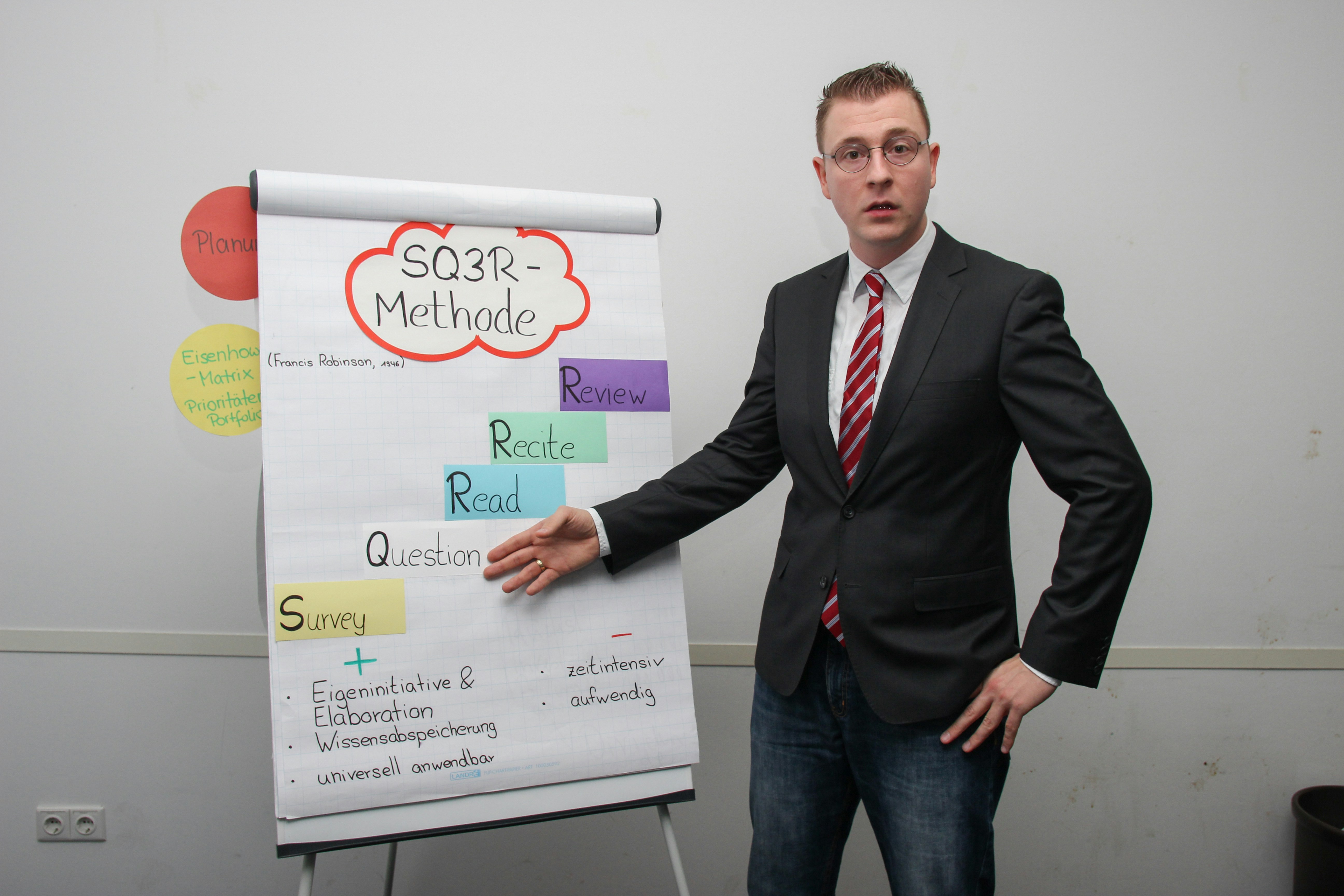7 Powerful Six Sigma Applications in Logistics for Unprecedented Efficiency
Mastering Efficiency: 7 Powerful Six Sigma Applications in Logistics for Unprecedented Efficiency In today’s fast-paced global economy, efficient logistics are not just an advantage; they are a necessity. Businesses constantly seek methods to streamline operations, reduce waste, and enhance customer satisfaction. This is where Six Sigma applications in logistics emerge as a game-changer. By employing […]
7 Powerful Six Sigma Applications in Logistics for Unprecedented Efficiency Read More »









